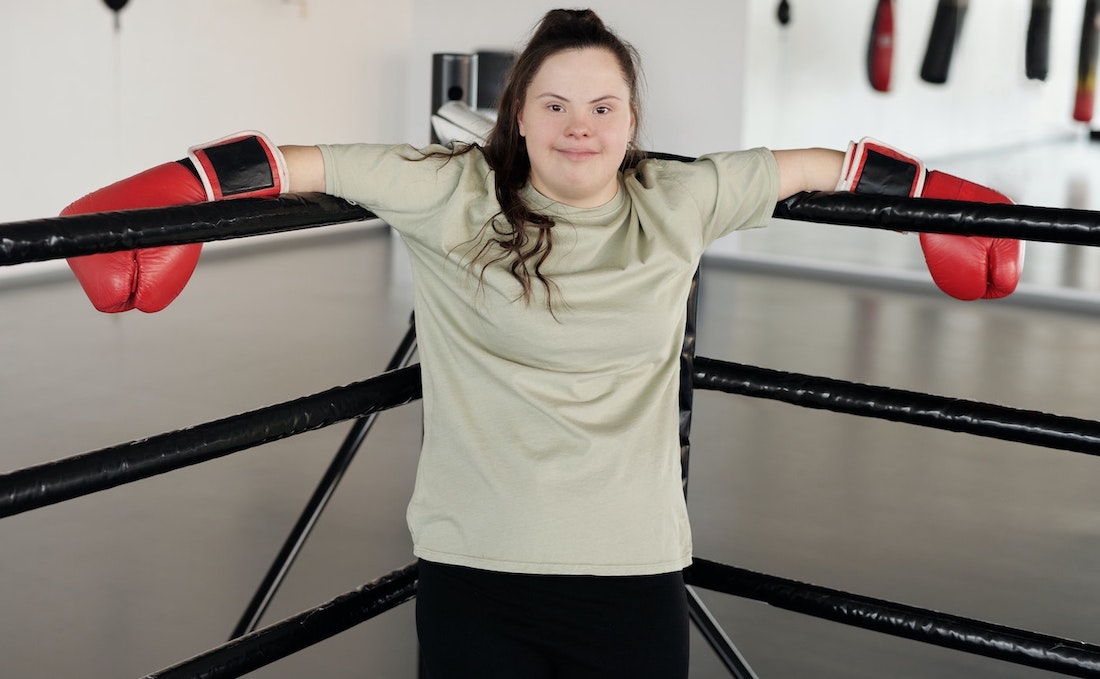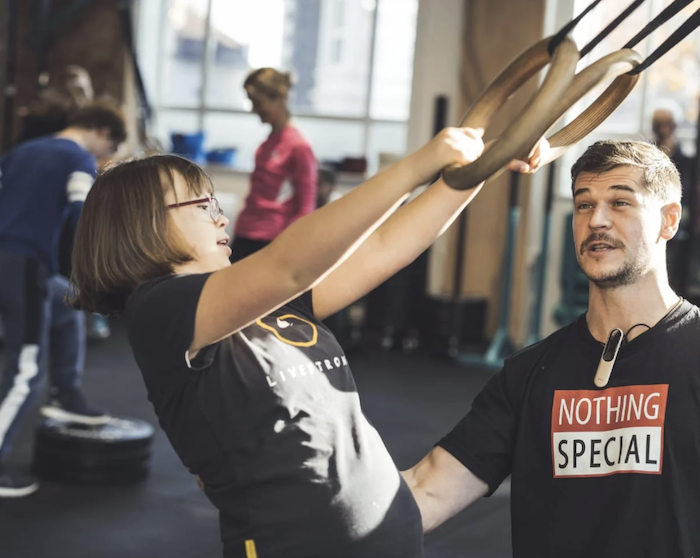
Access Sport Survey Seeks Input on Physical Activity Among Disabled Teen Girls
September 15, 2023
UK Sport inclusion charity Access Sport is seeking participation in an online survey by teenage girls aged 11-19 who are disabled, neurodivergent and/or living with a long-term health condition by October 31, 2023. The efforts build on wider research on ‘Supporting Disabled Teenage Girls to be Active’ conducted in partnership with Women in Sport, Nuffield Health and The Sweaty Betty Foundation.
Research from Women in Sport reveals that too many girls are disengaging from physical activity in their teens. This is contributing to troubling mental health issues including increased anxiety, sadness and dissatisfaction with their appearance. Access Sport states that disabled teen girls are no exception and is looking to get a deeper sense into their inactivity levels.
"We want to ensure that all disabled teenage girls have equal opportunity to access community sport and exercise," said Access Sport CEO Helen Rowbotham. "This research will be vital to informing our work to make community sport clubs more inclusive for disabled teenage girls.”
According to a Sport England survey, the gap in activity levels between disabled and non-disabled children increases as they get older. Between the ages of 14 and 16, 48% of disabled children are less active compared to 28% of non-disabled children. Activity Alliance’s My Active Future report reveals that one-third of disabled children take part in less than 30 minutes of sport and physical activity per day. By age 11, they are less likely to be active or fairly active and this gap widens significantly by the time they are 16.
The report also shows that the barriers to disabled children’s inactivity include worries about getting hurt, how they may look and not knowing what to do. Bad experiences, the fear of being treated differently and overall increased social isolation paired with a lack of suitable opportunities and activities are widening the activity gap for disabled children.

Access Sports trains, equips and supports community sports clubs, organizations and volunteers to provide inclusive programs that will transform the lives of underserved young people. Through its "Changing Places and Changing Sports" work, the charity has observed that disabled teen girls and young women struggle to find sport and exercise that works for them. Changing Places is the charity’s system-change approach applied to cities or authorities that help embed disability inclusion in community sport for good. Changing Sports provides inclusive sports programming, coaches training and addresses disability gaps.
The project intends to further close the inactivity and disengagement gap for disabled teenage girls specifically. “The need for this targeted research reflects the reality that teenage girls are not a homogenous group and often the unique experiences of disabled teenage girls can be lost when viewed through research focused solely on girls or disabled young people,” the charity stated.
Objectives include amplifying the unique voice of disabled teen girls and young women, identifying the barriers that prevent them from taking part in sport, as well as, improving knowledge to better tackle the causes of exclusion and providing guidance to community sports clubs on disabled inclusion in women and girls.
The charity is also looking for disabled teen girls to participate in a group discussion about their experiences of sport and physical activity. The listening sessions will take place in November and the survey closes on October 31.